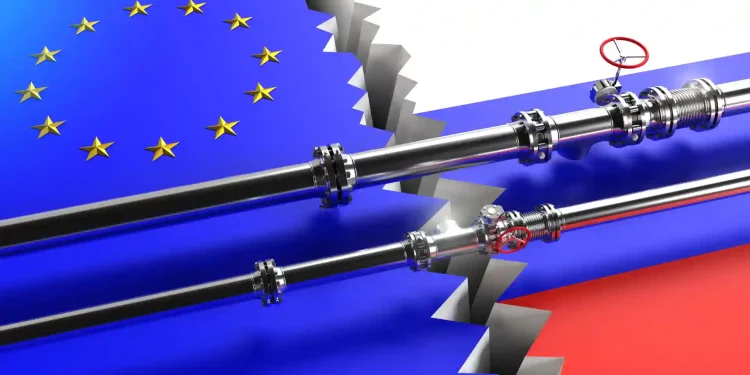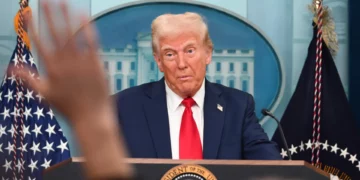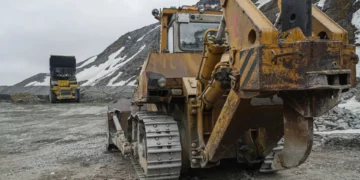Top ministers from European Union countries are due to hold emergency talks, as they strive for a united response to Russia’s demand to be paid in rubles for gas supplies, or face being cut off altogether.
Last week, gas supplies to Poland and Bulgaria were halted, after their refusal to pay for gas supplies in rubles.
Both Poland and Bulgaria had already planned to stop utilizing Russian gas this year, saying that they could cope with a shortage. However, it has led to fears that other European Union countries, including economic powerhouse Germany, could be cut off from Russian oil and gas supplies.
This crisis threatens to split the hitherto united EU stand against Russia over disagreement on the correct course of action.
Many of the European Union member states face gas payment deadlines in May, and have an urgent need to know whether their companies can keep purchasing Russian fuel without breaching EU sanctions against the country over its war with Ukraine.
Moscow has stated that foreign gas buyers must deposit euros or dollars into an account at the privately owned bank Gazprombank, which would then convert them into rubles.
The European Commission has told countries that complying with the demands could breach EU sanctions, while also suggesting countries could make sanctions-compliant payments if they declare the payment complete once it has been made in euros and before its conversion into rubles.
After Bulgaria, Denmark, Greece, Poland, Slovakia and others last week urged clearer advice, Brussels is drafting extra guidance.
Russia demands ruble payment
Moscow earlier said that it saw no problem with its decree, which considers the buyer’s obligation fulfilled only after the hard currency has been converted to rubles.
While Bulgaria and Poland refused to engage with Moscow’s decree, Germany has echoed the Commission’s workaround to allow companies to pay, and Hungary has said buyers can engage with Moscow’s mechanism.
Payments in rubles can help to shelter Russia’s economy from the impact of sanctions, while the fuel revenues can help to finance what it has called a special military operation in Ukraine.
European Union countries have paid more than 45 billion euros (USD47.43 billion) to Russia for gas and oil supplies since it invaded Ukraine, according to research organization the Centre for Research on Energy and Clean Air found.
Currently, Russia supplies 40% of EU gas and 26% of its oil imports, a dependency that has forced Germany and others to resist calls for an abrupt halt to Russian fuel imports for fear of economic damage to their countries.
The European Union is said to be drawing nearer to a ban on imports of Russian oil by the end of this year, after talks between the European Commission and member countries.
Later this week, ambassadors from various EU countries will meet to discuss a sixth package of sanctions against the country.
Ministers from member countries will also discuss the need to urgently secure non-Russian gas supplies and fill storage, as countries brace for supply disruptions.
Dependency on Russian gas varies between countries, but analysts have said an immediate total cut-off of Russian gas would plunge countries, including Germany, into recession and require emergency measures such as factory closures to cope with the shortfall.
The European Commission will later this month unveil plans to end Europe’s dependency on imported fossil fuels by 2027, including by expanding renewable energy and renovating buildings to consume less energy.
















